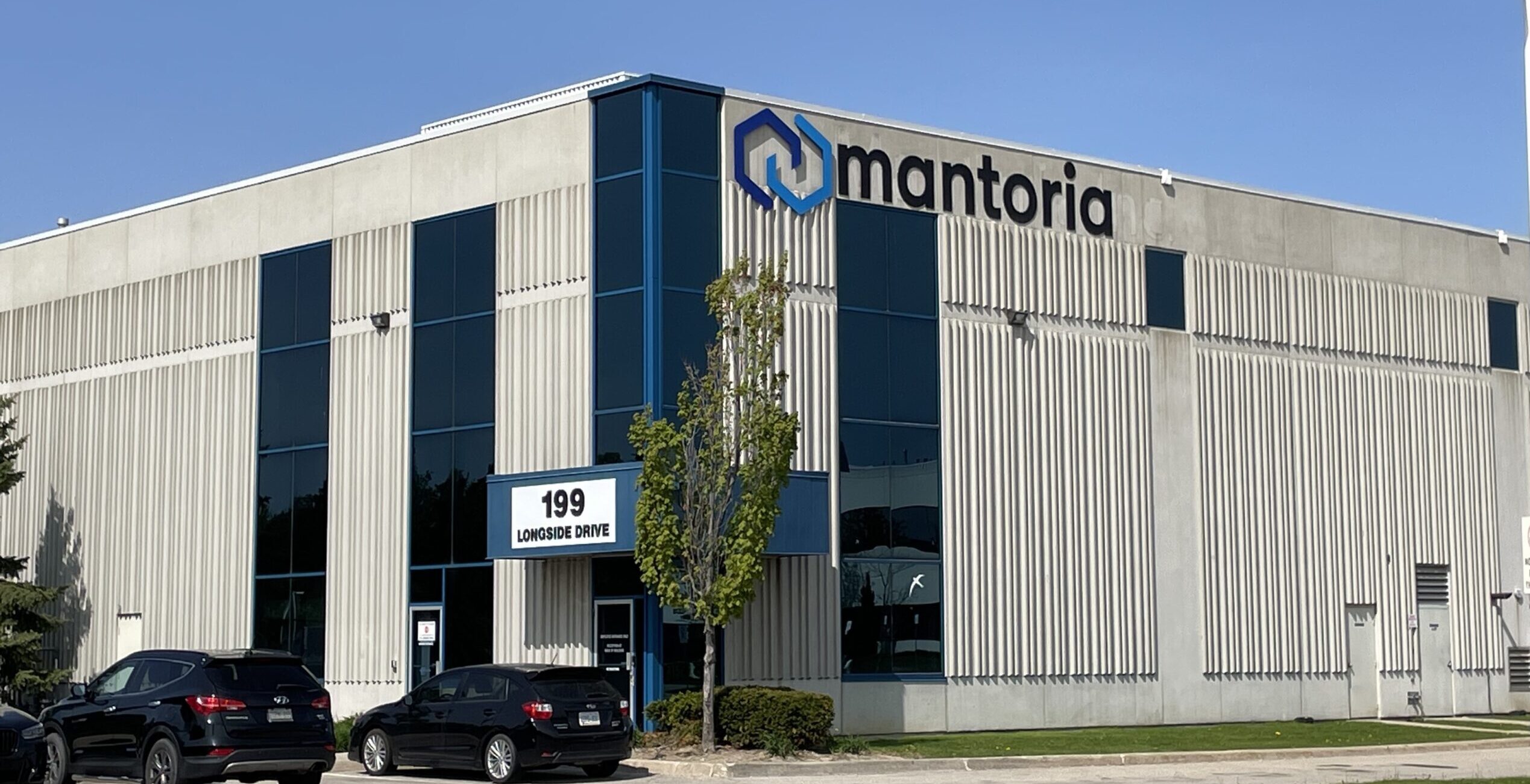On March 16th, a CBC News headline read: “Costco Canada’s fish import licence suspended by food safety watchdog.??? While there was no recall associated with the suspension, apparently the Canadian Food Inspection Agency (CFIA) suspended their licence as a result of several administration failings over the past two years.
The Costco canned tuna fish fiasco brings to light the power of the CFIA and the need for all businesses, big and small, who deal with food products in any capacity to pay attention to the rules. Not all press is good press; a suspended licence can bruise your reputation and potentially bring down your bottom line dramatically.
We are lucky to live in a country that has an excellent food safety system in place but there are always ways to improve and make the food we eat safer. With the Safe Food for Canadians Act (SFCA), the CFIA is setting out to modernize and improve the legislation that governs the safety of our food. The SFCA will consolidate all current CFIA regulations under a single regulation that will apply to all food whether it is imported, traded inter-provincially, or exported.
3 key changes that will affect you:
1. Licensing Requirements
Currently there are several sectors (like fish, meat, and dairy) that require a licence under the CFIA regulations. Under the new rules, licences will be mandatory for all food types imported, traded inter-provincially, or exported. The licence will be renewable every two years and cost approximately $250. In order to obtain a licence you will need to share key information such as: product type, intended use, processing details, annual volume of imported products or production, country of origin, establishment location, etc. Depending on product risk and your historic compliance, inspections by the CFIA may be required prior to issuance of the licence. Exemptions will include alcoholic beverages and food additives.
2. Preventative Control Plan (PCP)
It is proposed that every company who deals with food have in place a preventative control plan (PCP) documenting all aspects of the operation from equipment to food prep hygiene to transportation and storage. The required PCP will seek to identify all hazards and critical control points as well as procedures related to monitoring, corrective action, verification, and record keeping.
3. Recall Traceability Plan
To insure efficient response to food safety incidents, companies will be required to have a recall traceability plan that is accessible in Canada, can be provided to the CFIA electronically, and is readable in plain text in French or English. The plan must trace the food forward and backward and records are to be kept for a minimum of 3 years.
Details on the current proposed framework for the Safe food for Canadians Act can be found here
Current Timeline
The new regulations, originally planned for 2015 implementation, have yet to be published in Canada Gazette Part I. Once published, a 75 day formal consultation period will follow before the regulations are published in Canada Gazette Part II and come into effect.
Legislation is complicated but it pays to stay on top of it. At Mantoria we have a team of experts dedicated to dealing with food importations. We can help ensure you are compliant and ready for the upcoming changes. Contact us today for more information.



